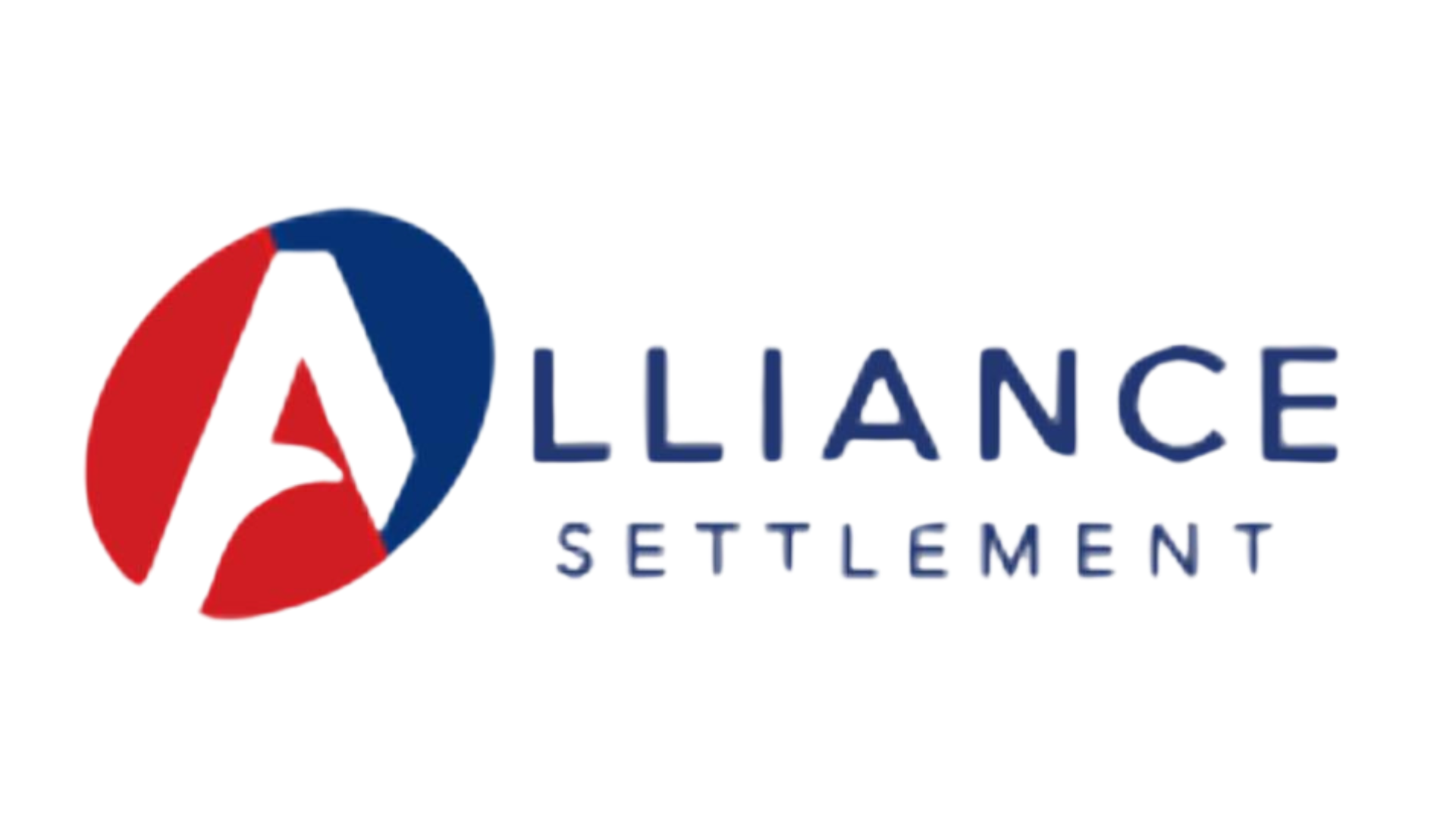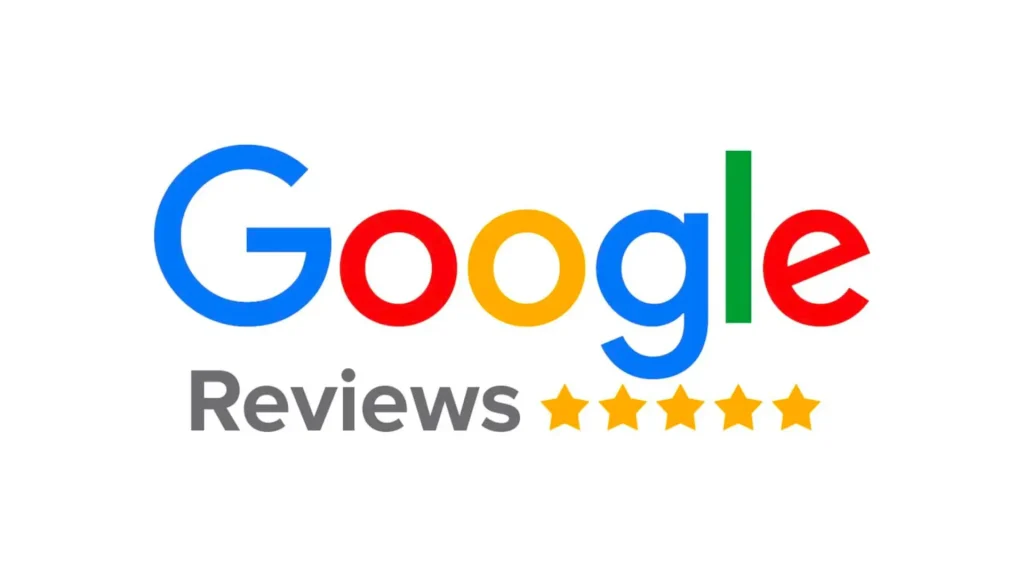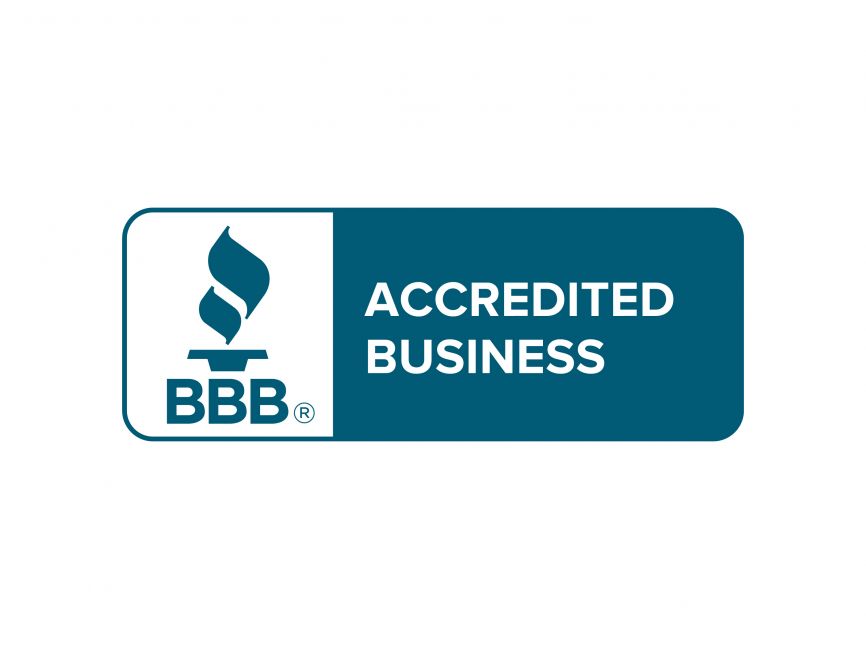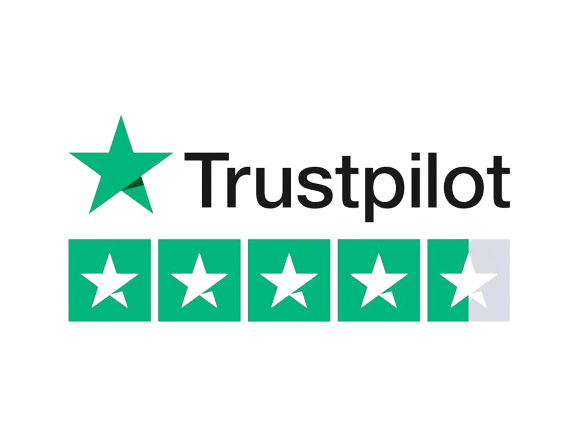The Future of Personal Finance: What to Expect in 2025
As we enter 2025, the financial landscape continues to evolve, shaped by technological advancements, economic shifts, and changing consumer behaviors. To stay ahead, individuals must adapt their financial strategies to new opportunities and challenges. In this article, we explore expert predictions and practical strategies to help you navigate personal finance effectively in 2025.
Key Financial Trends to Watch in 2025
1. Digital Banking and AI-Powered Financial Management
With the rise of AI-driven banking solutions, financial management has become more automated and personalized. From budgeting apps to robo-advisors, leveraging technology can help streamline your finances and optimize investments.
Strategy: Utilize AI-powered tools like budgeting apps, automated savings platforms, and robo-advisors to track expenses, analyze spending habits, and make data-driven investment decisions.
2. The Impact of Inflation and Interest Rates
Economic trends indicate that inflation and interest rates will continue to fluctuate, impacting everything from savings to loan repayments. Understanding these changes is key to maintaining financial stability.
Strategy: Prioritize high-yield savings accounts, fixed-rate investments, and debt repayment to mitigate the impact of rising interest rates.
3. The Growth of Sustainable and Ethical Investing
More investors are prioritizing Environmental, Social, and Governance (ESG) criteria when making financial decisions. Sustainable investing is not only socially responsible but can also offer strong financial returns.
Strategy: Research ESG-friendly investment options, diversify your portfolio with sustainable funds, and consider impact investing to align financial goals with personal values.
4. The Rise of the Gig Economy and Multiple Income Streams
Freelancing, remote work, and side hustles continue to shape modern employment trends, offering new ways to generate income and achieve financial security.
Strategy: Diversify income sources by exploring freelancing, passive income opportunities, and investment strategies that generate additional revenue streams.
5. The Importance of Financial Literacy in a Digital World
As financial products become more complex, financial literacy is more essential than ever. Understanding credit, investments, and retirement planning can help individuals make informed decisions.
Strategy: Invest in financial education through online courses, books, and expert-led webinars to enhance financial decision-making skills.
Actionable Steps to Strengthen Your Finances in 2025
- Build a Robust Emergency Fund – Aim for at least 3-6 months’ worth of expenses to prepare for economic uncertainties.
- Refine Your Budgeting Strategy – Use the 50/30/20 rule to allocate income effectively.
- Optimize Debt Management – Consolidate high-interest debt and focus on repayment strategies.
- Maximize Retirement Contributions – Take advantage of employer-sponsored plans and tax-efficient retirement savings.
- Stay Informed – Keep up with economic trends and adjust financial strategies accordingly.
The Path to Financial Success in 2025
Navigating personal finance in 2025 requires adaptability, informed decision-making, and strategic planning. By embracing new financial tools, staying informed about economic trends, and implementing smart money management strategies, you can secure a more stable and prosperous financial future.
Are you ready to take control of your financial journey? Start today by setting clear financial goals, leveraging the latest technology, and making informed investment choices. Your future financial success begins now!










